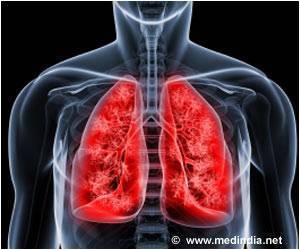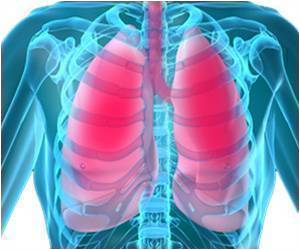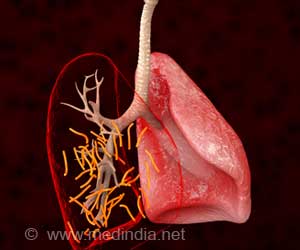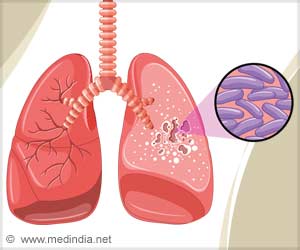Treatment with triciribine can halt disease progression and may reverse some damage to lung tissue caused due to pulmonary fibrosis or pulmonary hypertension.

For the study, researchers used mouse models that mimic the disease characteristics of pulmonary hypertension and pulmonary fibrosis in humans. The drug triciribine inhibits production of a protein called Akt1. Once the mice began to exhibit symptoms of the disease, the scientists injected the mice with triciribine once daily for a period of three weeks. It was seen that the characteristic scarring and loss of lung vasculature was slowed in every mouse and the lung tissue of some mice began to return to normal.
Shenoy said, "To our knowledge, this is the first direct evidence that Akt1 causes disease onset and progression of pulmonary fibrosis and pulmonary hypertension. We have also tested this process in human cells taken from diseased lung tissue and noted very similar results."
The researchers tested their hypothesis further by examining genetically modified mice who do not possess the Akt1 pathway. None of these mice developed the disease symptoms, further implicating Akt1 as the primary cause of disease. Shenoy said, "We still need to identify the downstream effects of Akt1 inhibition to see if there are any negative side effects. But if these tests go well, we hope to begin human trials within the next three to five years."
The study appeared in the British Journal of Pharmacology.
Source-IANS










